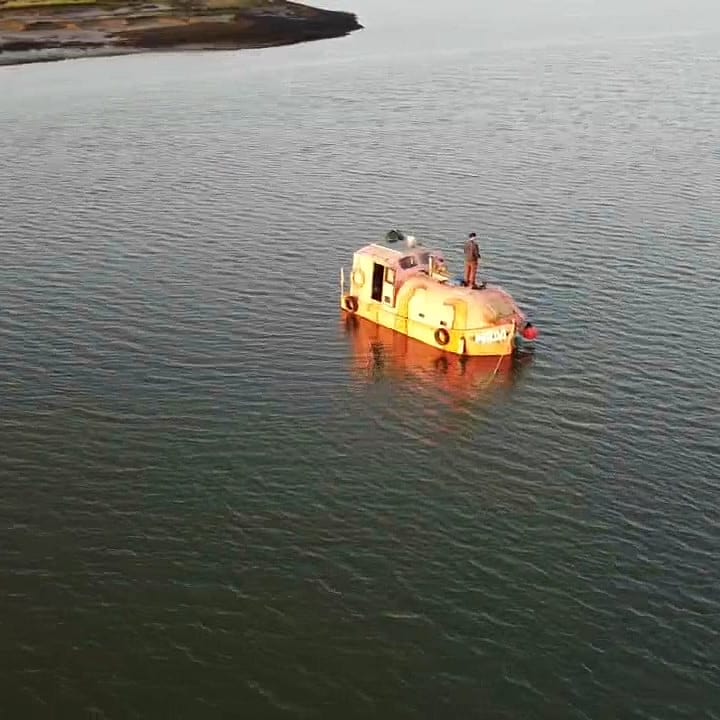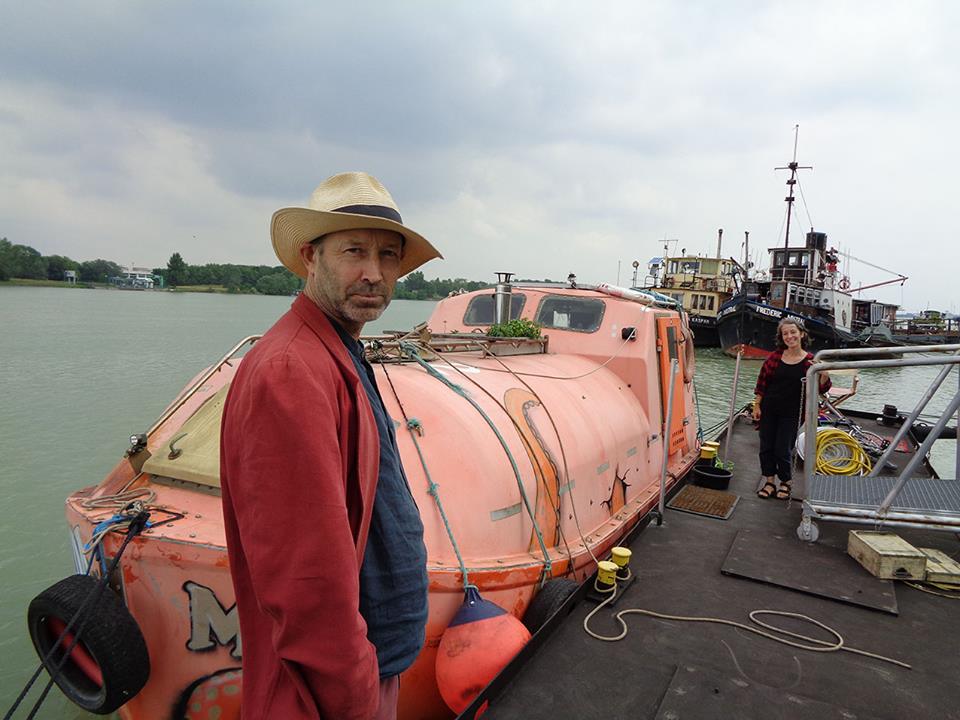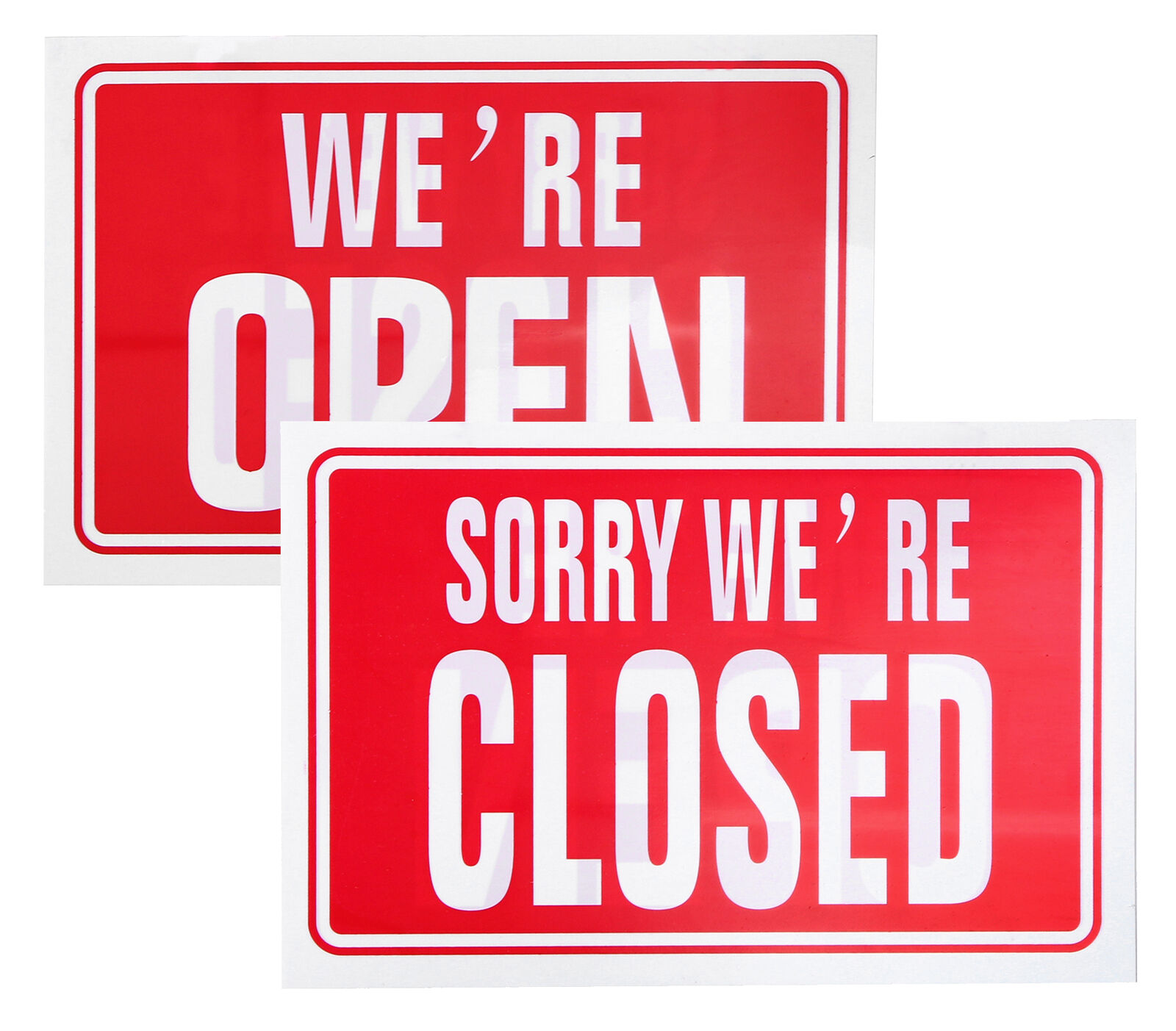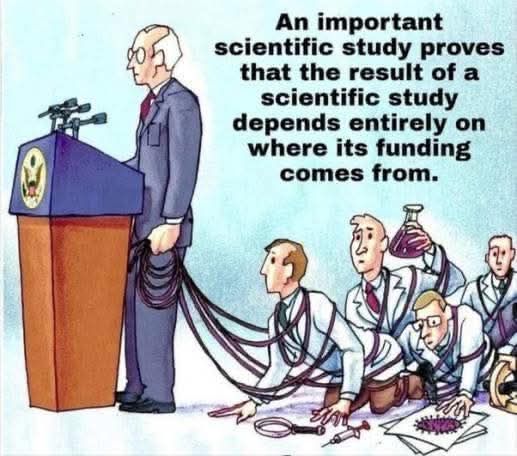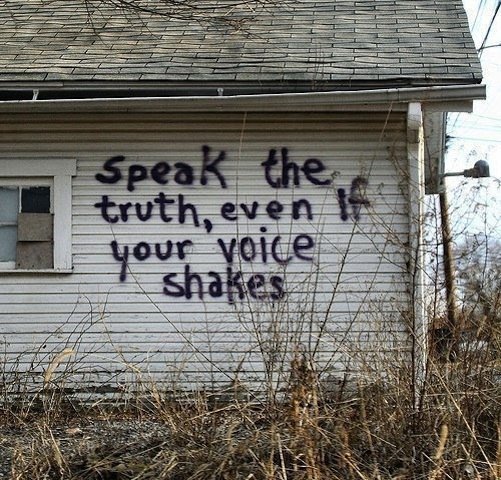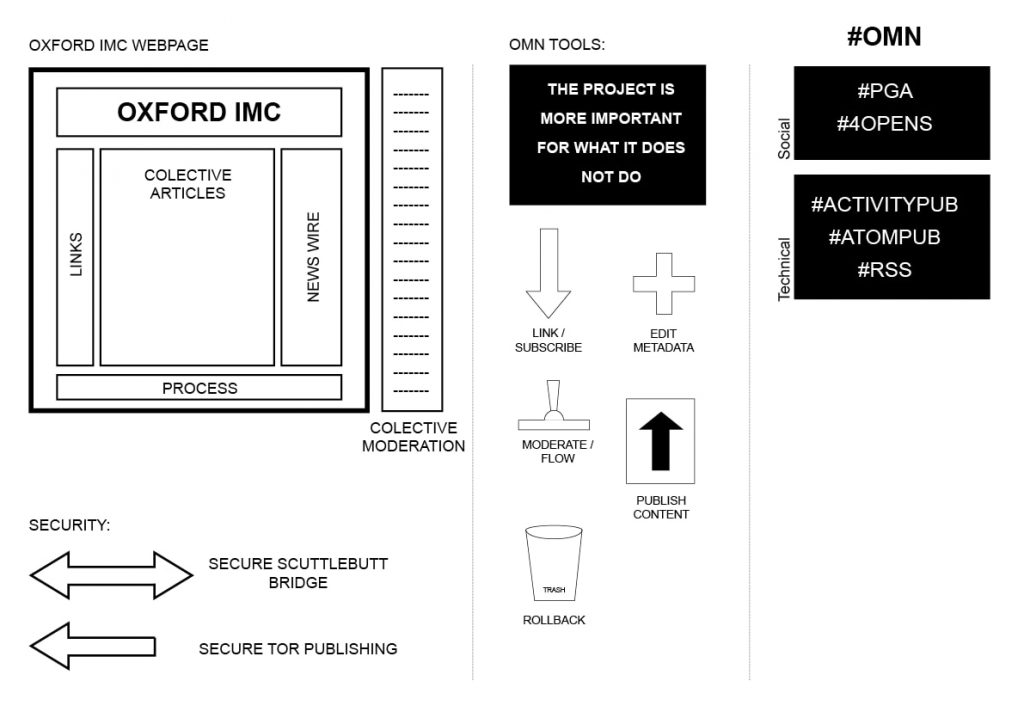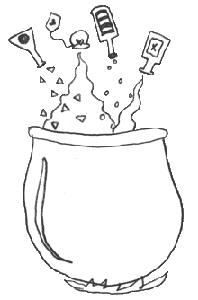This is a mess which has been clear to see for 20 years, but people still keep falling into the same traps instead of stepping off the cycle of conflict leading to control. Yes, we had something, we lost it, but as I talk about, we are still refusing to face why.
Let’s use #Failbook as a practical example of a monster that devours our dreams, fifteen years ago, the writing was already on the wall, #failbook and the #dotcons would eat everything. It wasn’t some grand conspiracy, just basic power and control dynamics. People knew this. They saw the cage being built around them, yet walked in willingly. Why? Because in the small picture, it was “easier” to stay inside than to step outside. They thought they were users, but they were being used. Every attempt to “fix” #failbook, the endless ethical tech debates, the “kinder, fairer” alternatives, the #NGO-funded projects promising “a better social network”, misses the core issue: You don’t fix a monster. You stop feeding it and walk away.
This is where the religious metaphor fits, people don’t want atheism (the #openweb), they do want a nicer god (ethical #dotcons). They are still kneeling before centralized power, just hoping for a softer whip. We need to stop worshipping the digital feudal lords and start building something else entirely. One path is to reboot the original #openweb
To do this we need some social history: The #openweb was murdered, and no one faced the consequences, we need a truth and reconciliation process for what happened to the #openweb. Why? Because people refuse to learn from history, and that means they keep making the same mistakes. Look at the waves of migration from open to closed over the last two decades:
- The rise of blogs and open publishing (2000s) → The pull into social media walled gardens (2010s)
- The rise of the federated web (2000s, early 2010s) → The collapse into corporate-owned silos (late 2010s, 2020s)
- The rebirth of the Fediverse (Mastodon, PeerTube, Lemmy, etc.) → Now being co-opted by NGOs and #mainstreaming interests
Each time, the excuse is different, but the result is the same, we hand over power, they take control, we lose everything. Until we face the fact that we let this happen, that we were complicit, this cycle won’t stop. Every time we fail to call it what it is, the blood-letting/stains soaking back.
The problem with #NGO and co-op models, people love to push the same “solutions” that failed before. Pushing a voluntary project into a hard “not-for-profit” structure kills it, this happened again and again. Look at #indymedia. It worked because it was messy, decentralized, built from the ground up. Run by volunteers, not controlled by a central authority. Rooted in the activist base, not an #NGO-funded agenda. Then came the push to “formalize” it, and what happened?
- Funding fights, bureaucracy, infighting.
- Projects being hijacked or forced into rigid structures.
- Most of the co-op/NGO media projects collapsed.
There is nothing wrong with people building not-for-profit media, but stop forcing voluntary activism into structures that will kill it. The old mistakes aren’t new solutions. They are just mistakes waiting to happen again.
The #OMN and the need for diversity of strategies, the #OMN is built on a simple idea, diversity of strategies is strength. We need:
- Commercial models where they work.
- Not-for-profit structures where they make sense.
- Voluntary activism as the foundation.
Then the basic #4opens of them linking to each other. What we don’t need is people using their own narrow worldview as a #BLOCK on other approaches in the guise of “helping”. This happens all the time, with the #NGO crowd that wants everything formalized, structured, and professionalized, they see grassroots messiness as a problem. The geeks want everything to be purely about the tech, ignoring the social and political realities. The politicos want everything to align with their ideology, even when that means excluding actual working solutions. These proxy fights kill the meany projects before they even start.
The solution is not ideological purity, it’s pragmatic diversity. If we want to break the cycle, we need to stop repeating the same mistakes, stop blocking each other, link and start building with what we have #KISS
One path to this, that needs support https://opencollective.com/open-media-network
The light in this is the #Fediverse, otherwise the last decade in tech has been a complete dead end. We’ve watched the same old mistakes play out, layering more “solutions” onto the #geekproblem without ever questioning the foundation. Instead of building trust, we’ve been sold “security” wrapped in fear, reinforcing the same toxic cycles that keep us locked in place.
The #OMN projects build from the #Fediverse and #openweb reboot to break from this. They are about real empowerment, shifting power by growing trust rather than control. If we keep repeating the same mistakes, we’re just feeding the #deathcult, accelerating the collapse. The #fashernista and #encryptionist obsessions, instead of opening paths to change, have become blind alleyways leading to catastrophe. We need to step back, reassess, and build differently, before the coming decades bring suffering on a scale we’ve barely begun to grasp.
